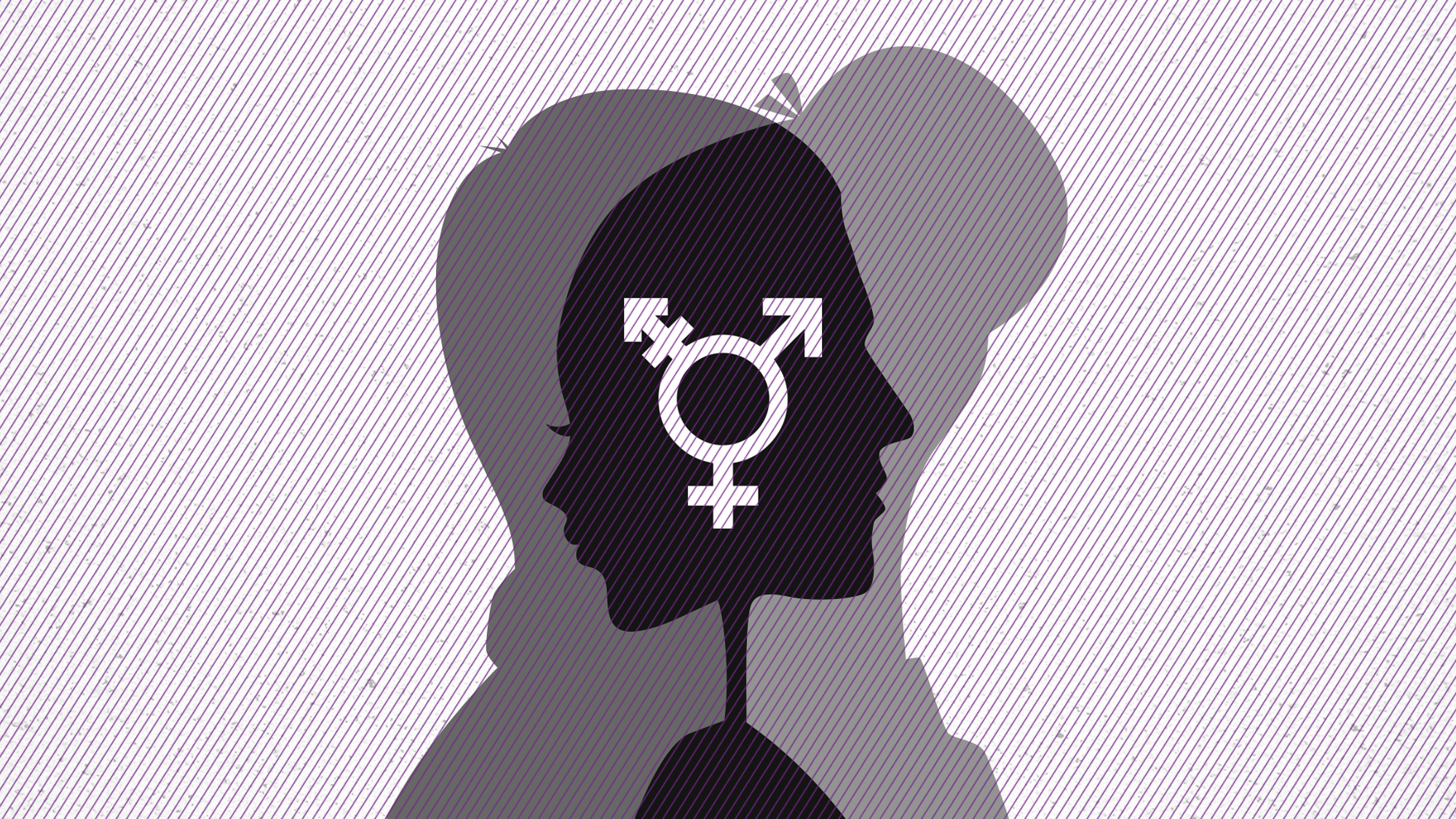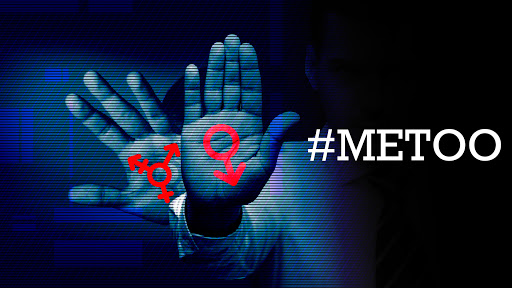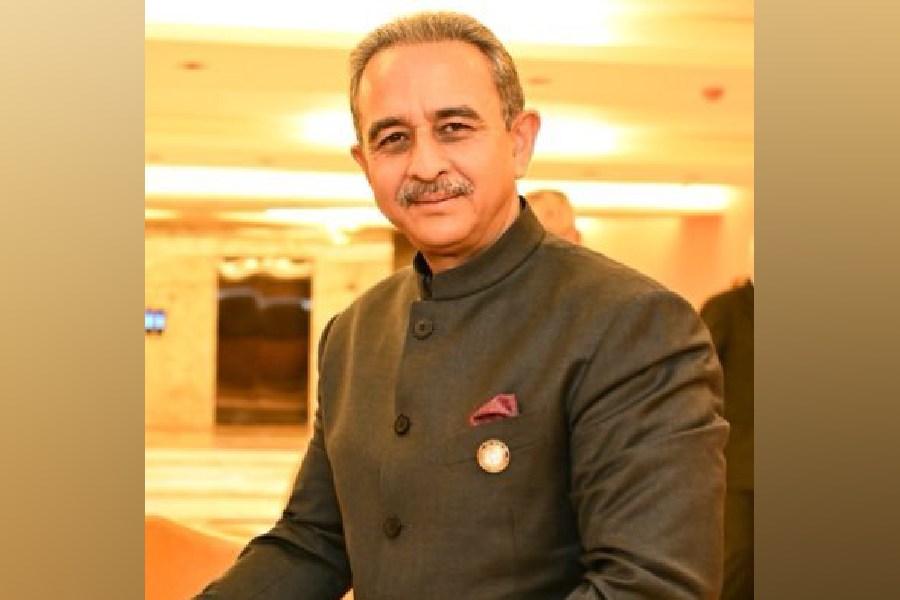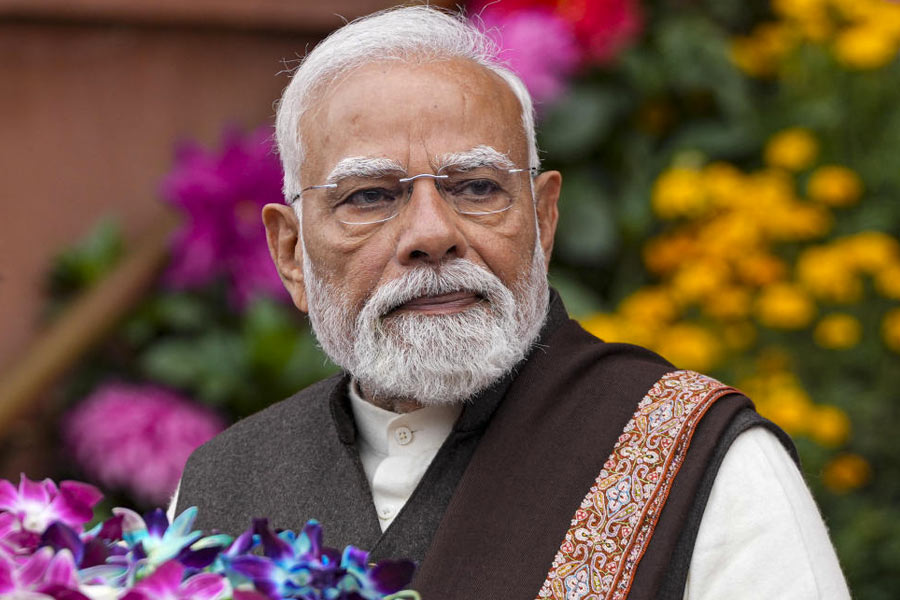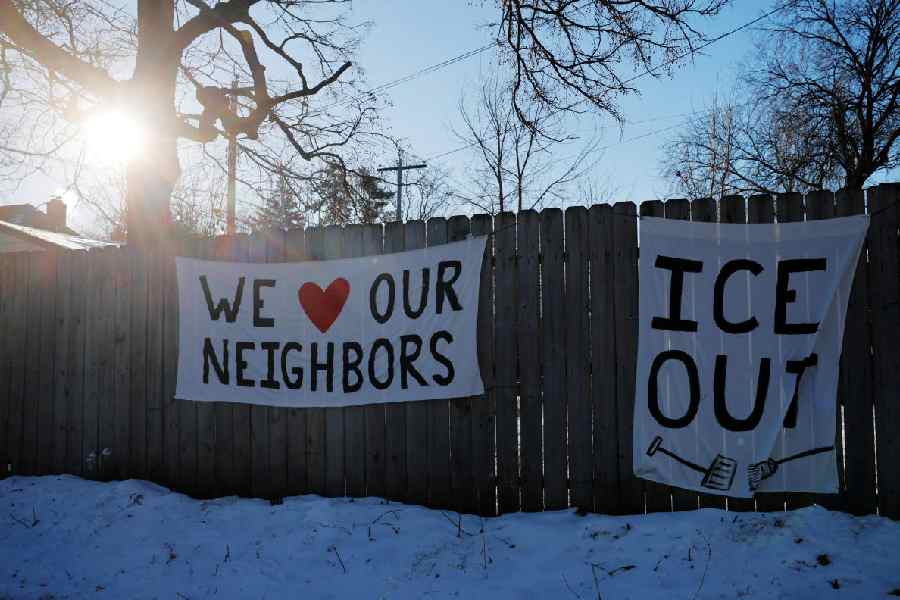It is strange how a bill intended to establish the rights of a group of people manages, even after 27 amendments, to undermine those rights by ambivalent phrasing and dubious paternalism. The passing of the transgender persons (protection of rights) bill, 2016 in the Lok Sabha has been greeted with objections from members of the Opposition as well as vociferous protests from activists and the trans community. The bill begins with a wordy definition of trans persons that distracts attention from the brief, internationally accepted definition. This is not without consequence. The 2014 Supreme Court judgment on the rights of trans people had made clear that self-definition is enough for a person whose sense of gender does not match the gender assigned at birth. The emphasis is on the subjective experience of the body and of the world. The bill brings in a district screening committee, with a doctor and a psychiatrist, which will give, after assessment, identity certificates to people wishing to be acknowledged as trans. The messy definition brings terms such as ‘male’ and ‘female’ into the equation, thus making it easy to suggest sex reassignment procedures when a person wants to be identified as either. The court had forbidden all external pressure. This is simply a way of putting the State in control of a person’s identity, body and dignity. Far from freeing the community from discrimination, this makes control legal.
Control seems to be the key. Instead of suggesting reservations — the court perceived the group as socially and economically backward, hence eligible for quotas in education and employment — the bill would penalize its members for begging, while asking individuals to live either at home or in rehabilitation centres. Why? Trans people are not infants. Not only can they decide their own identities, but they can also live wherever they wish. Households of trans people have traditionally sheltered youngsters at odds with the gender expectations of their families. Without conventional means of livelihood, they evolved other ways of earning, one, unfortunately, being organized begging. The bill would destroy the old way of life with no clear option in its place. All it ensures is State surveillance. The penalty for violence against trans people is two years’ imprisonment, far less than that for violence against women. If a bill against discrimination turns out to be discriminatory, it is far more unsettling than prejudices in everyday life.

